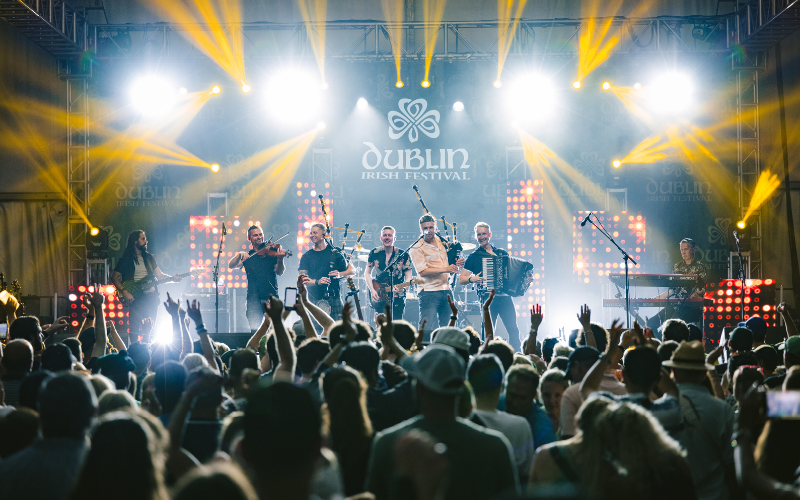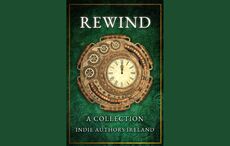As I write this, Ian Paisley remains in the intensive care unit of the Ulster Hospital, and like everyone else in the media I’ve been reflecting on the career of an incontrovertible political giant of these islands.
But it’s incredibly difficult.
Ireland is no stranger to high-profile politicians with mixed legacies who split opinions; Parnell is revered now but his relationship with Kitty O’Shea split his once monolithic party down the middle. Eamon de Valera was a demi-god or a treacherous wretch depending on who you talked to. Charles Haughey and Bertie Ahern are grand lads in the eyes of their deathly loyal supporters, but it wouldn’t have taken you long to round up a pitchfork-wielding posse to picket their houses either. But Paisley is in a different orbit altogether.
______________
READ MORE:
Irish immigrant living in New York wins $10 million lottery
Anti-immigrant group Numbers USA mobilizes to stop Irish visa bill
Irish are the least romantic nation in Europe says new survey
_____________
At the time and place I grew up, the word “Paisley” was synonymous with terror, even loathing. I used to dread hearing his booming voice on the radio on television, fulminating recklessly about something or other. It’s been said Bill Clinton could make you feel like the only person in the room, with Ian Paisley it seemed like he could make you feel like the focus of all his hostility and hate. For someone from Donegal in primary school in the nineties, Paisley felt like a genuine bogey man.
Yet, even then you’d hear stories that bordered on urban myths about him that confounded the obstreperous image. He was lovely in person, apparently. Catholics in his constituency supposedly felt well treated if they ever went to him about local business. According to legend he once met some Cork students playing a game of rugby against Ballymena, and gave them a hearty welcome and money to buy fizzy pop or some such.
In more recent years, that side of him seems to have shown itself publically, with his moderated attitude on power sharing and his surprisingly good relations with Martin McGuinness. Last year I even saw him giving a kind of flash mob sermon outside Belfast City Hall, a pious elderly man far removed from the gulderer famed for shouting “Never!” in that very same location a quarter of a century earlier . In a very short space of time, he’s gone from Ireland’s greatest monster to avuncular bridge builder.
While there’s something fitting about the evangelical preacher’s Damascene conversion on the road to redemption, and it’s better late than never that he turned heel, it’s important that when it comes to legacy, recent good doesn’t altogether overwrite past bad. Had Paisley not forced Terence O’Neill from office over One Man One Vote, or poured kerosene on the Ulster Workers Council Strike over Sunningdale, heaven knows how differently things could have developed.
Northern Ireland is in a situation now, mercifully, where past rivals can put aside hostilities and attempt to work together. But when it comes to considering legacy, it’s crucial that we take the whole picture, rough and smooth. Especially so with Ian Paisley.




Comments